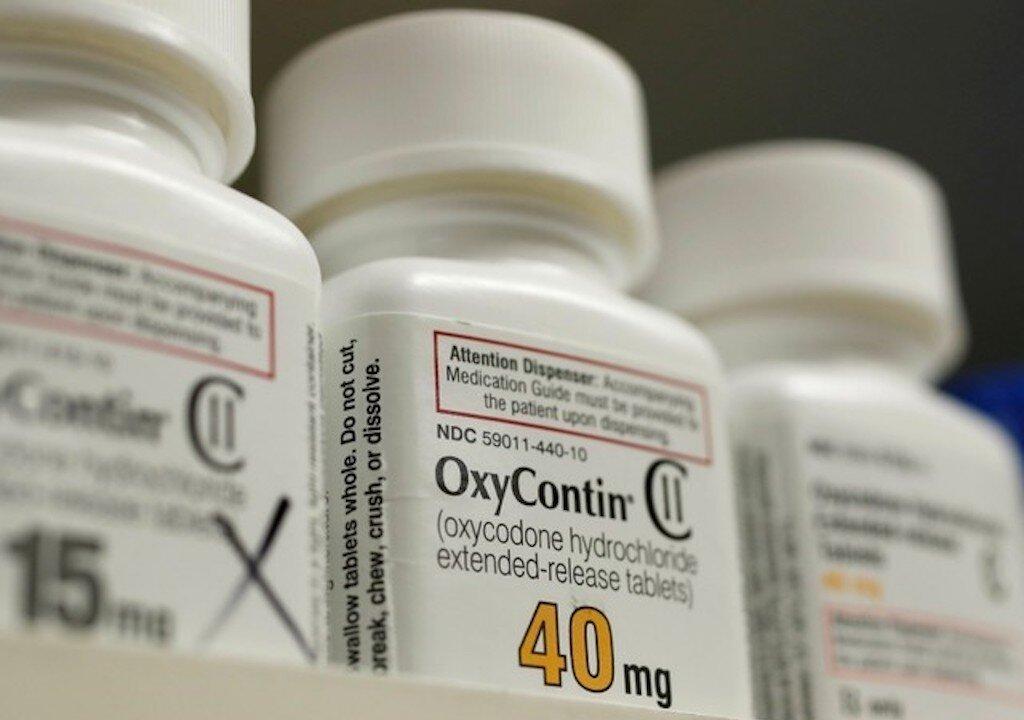NEW YORK—Six more U.S. states on May 15 announced lawsuits against OxyContin maker Purdue Pharma LP, accusing the company of fueling a national opioid epidemic by deceptively marketing its prescription painkillers to generate billions of dollars in sales.
U.S. state attorneys general of Nevada, Texas, Florida, North Carolina, North Dakota, and Tennessee also said Purdue Pharma violated state consumer protection laws by falsely denying or downplaying the addiction risk while overstating the benefits of opioids.





